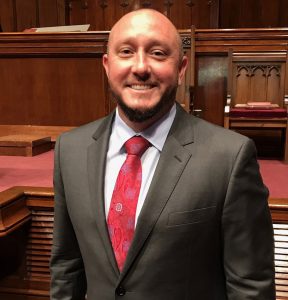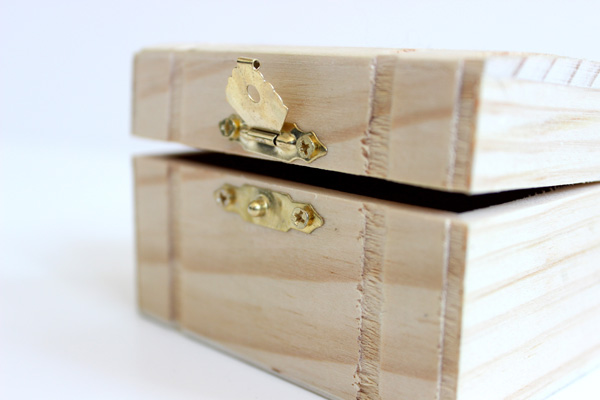
He stood next to a trashcan in a busy Washington, D.C. subway station. Violin case opened, the young musician hoped to make a few bucks. Dressed like any common street performer, the man played for a distracted audience of busy executives and city employees racing off to work.
But this was no typical street performer. This was Joshua Bell, a one-time child prodigy and internationally acclaimed virtuoso, recipient of the Avery Fisher prize as the finest classical musician in America. And his instrument of choice that day was a 1713 Stradivarius valued in the range of $3.5 million. For 43 minutes, Bell played some of the most difficult classical masterpieces for a multitude that hardly slowed down for even a polite moment. The people skated past, clutching life’s obligations like the coffee cups in their hands.
In another setting, Joshua Bell’s musical genius might have drawn a crowd. But not here. Not in this ordinary place of functional transportation. Not among the turnstiles and ticket counters. Not amidst the whir of escalators carrying their human cargo to the next stop on the line. Here, Joshua Bell’s craft became elevator music for a fast-moving society.
Jesus tells this very brief parable in the 13th chapter of Matthew’s Gospel: “The Kingdom of heaven is like a treasure hidden in a field. When a man found it, he hid it again, and then in his joy went and sold all he had and bought that field.” (New International Version)
This parable highlights one of the dominant themes in Jesus’ teaching and ministry. The Kingdom of Heaven (or Kingdom of God) is mentioned more than 80 times in the gospels. You’re probably familiar with the phrase. And if you’re like me, you’ve spent much of your life assuming that this Kingdom is a reference to heaven. It’s not. At least not primarily. When Jesus speaks of the Kingdom, he means so much more. He means a new reality of peace and justice, a way of living where divine goodness floods not only our hearts, but our neighborhoods and communities, as well.
And this Kingdom is right before us, at least according to Jesus. Like a treasure buried in a field we traverse every day, the presence of God’s overwhelming love is buried right under our noses. And once we catch a glimpse of it, we will do anything to make it part of our reality.
In a strange way, it irks me to know the Kingdom is right before me because it means that everything I need is already here. It’s much easier for me to deal with my own disappointment when I can make excuses for not having what I want. But the truth is, all the resources we require for well-being, for hope, for compassion, for fulfillment – they’re already here. And every single day offers us a choice of whether we live in that reality or an alternative one.
American poet Mary Oliver offers these simple instructions for living a life: “Pay attention. Be astonished. Tell about it.” And I can’t help but think that if the Kingdom of God truly is right here where we are, then perhaps our daily task is to keep our eyes open and pay attention to the astonishment unfolding.
The truth is, the divine Kingdom is an elusive thing, for any number of reasons–our many distractions, our busyness, our own doubts and struggles. And there are plenty of days when I feel miles away from this Kingdom. I often wish God would show up and make it simple…say something I can understand in a language native to me. But that doesn’t happen, not in an obvious sense. What I get are glimpses, little pinhole windows into the truth. I get whispers, muffled by the noise of my daily commute. But it’s within this local context that I have to believe something beautiful and eternal is made flesh–in the familiar friends, the calling of meaningful work, the three young boys at home who just want to know what we’re doing today.
And what if this normal stuff is the parchment upon which God writes his story? What if this very soil, the hummus of red dirt and pine needles, is the clay from which life is formed? If so, I ought to pay attention. I would hate to miss the music.










